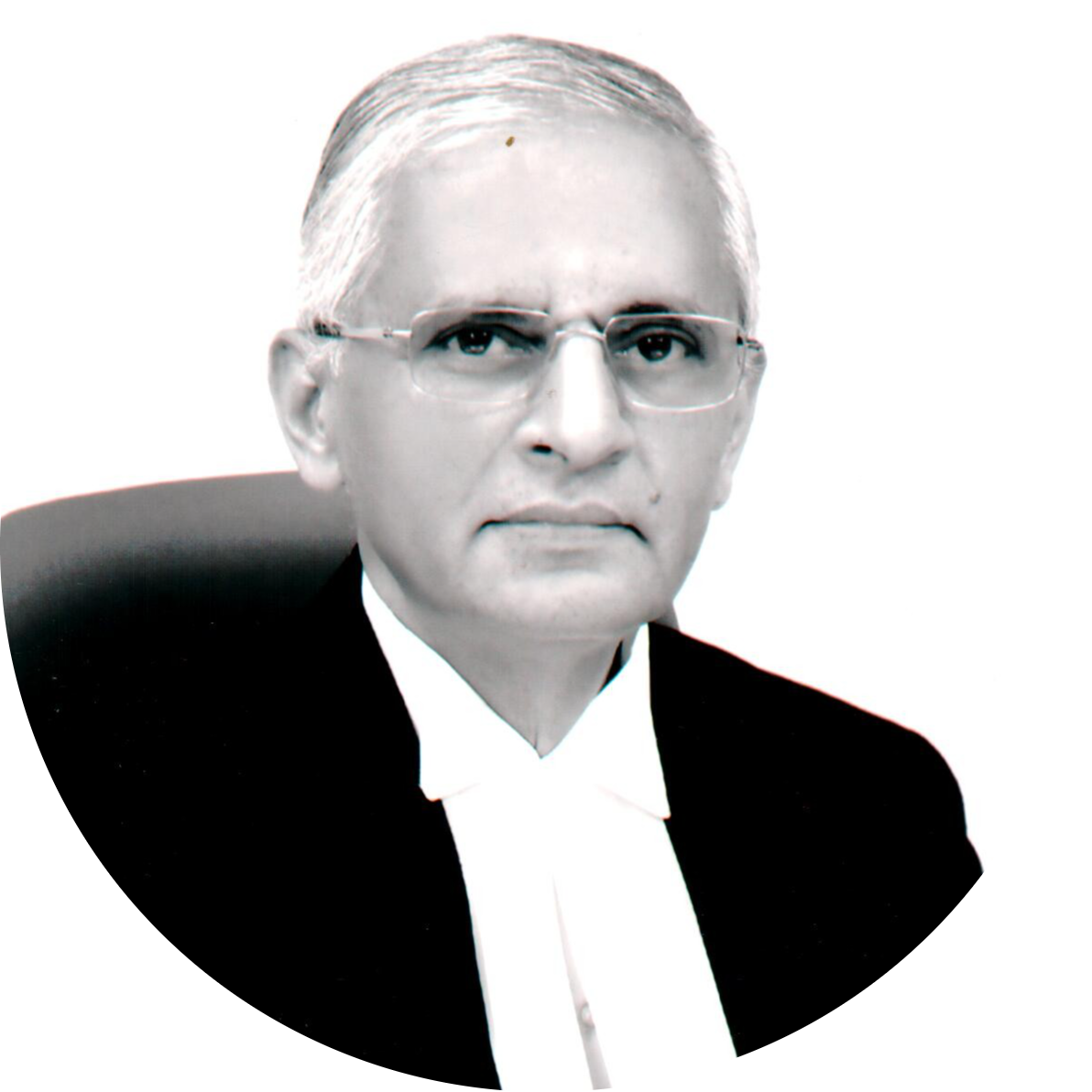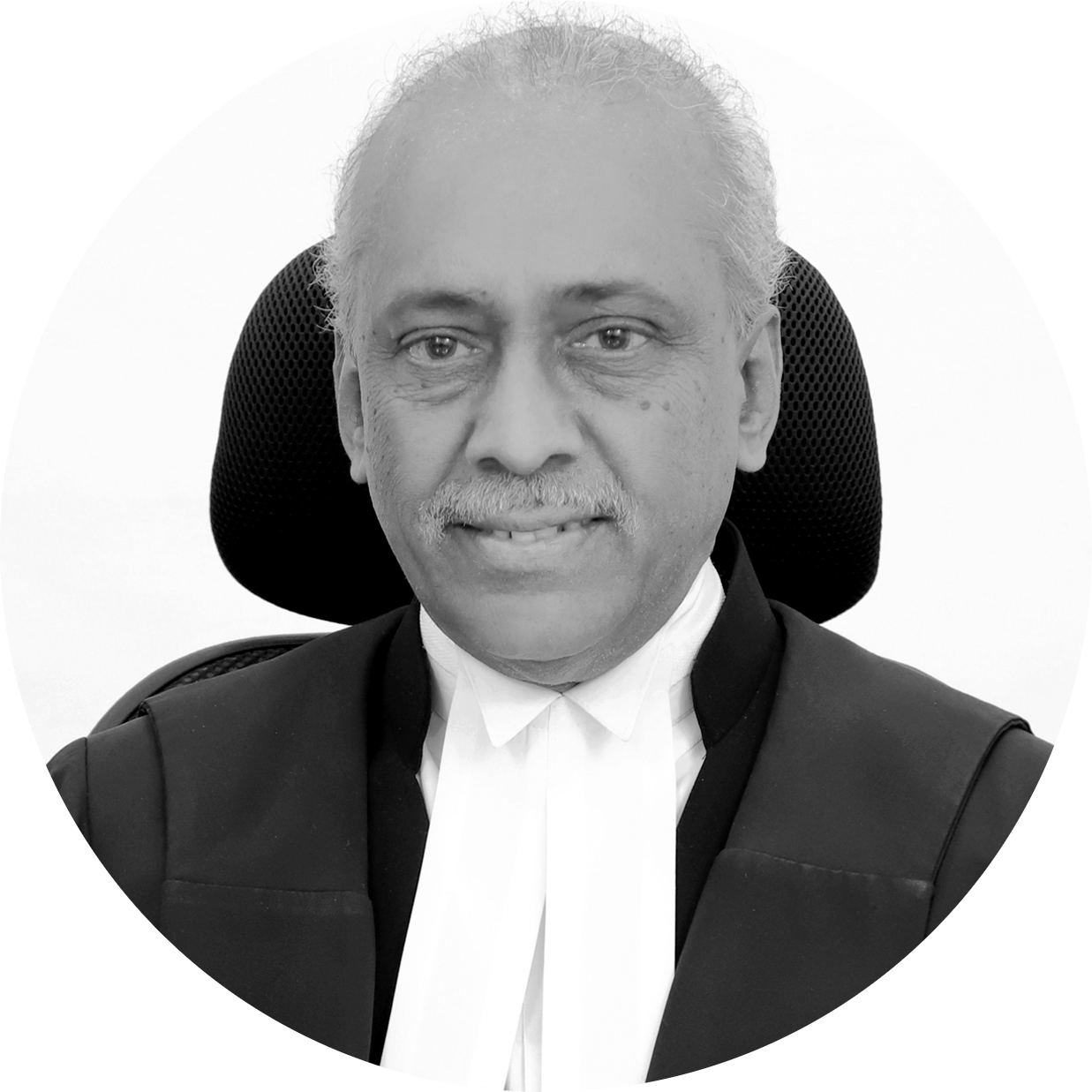Electoral Laws Reform to Accommodate E-Voting
K Sathyan v Union of India
The Supreme Court will decide if electoral laws need to be reformed to accommodate new technology to expand voting rights to migrants, NRIs and to curb fraudulent votes.
Pending
Parties
Petitioner: K. Sathyan
Lawyers: Kaleeswaram Raj; Nishe Rajen Shonker; Varun C. Vijay; Aruna A; Thulasi K.Raj; Maitreyi S. Hegde
Respondent: Union of India; Election Commission of India
Lawyers:
Case Details
Case Number: WP (C) 157/2021
Next Hearing:
Last Updated: December 24, 2021
TAGS: Citizenship, Election, Politics, Technology, Voting
Key Issues
Does s 60(c) of the Representation of the People Act, 1951, which limits postal voting, violate the right to equality, free speech and free movement.
Should the Court direct the Union to make provisions to allow migrants and non-resident Indians to vote, to protect their right to equality?
Should the Court direct the Union to use technology to curb electoral malpractice, to protect the principle of free and fair elections?
Case Description
K. Sathyan is a political activist from Kerala. He has filed a public interest litigation seeking a range of electoral reforms.
Currently, if a person has to enrol as a voter he/she needs to be an ‘ordinarily resident’ in the constituency. This is defined in S. 20 of the Representation of the People Act, 1950. People who are temporarily absent do not cease to be enrolled as a voter in that constituency, during the elections, they can come back and vote. This means that migrant labourers, employees on temporary assignments, students and non-resident Indians (NRIs) can continue to be registered.
However, the petitioner submits that financial and practical reasons limit their right to vote. They cannot afford to return to their constituency for elections. The time it would take and the distance they might have to travel is long. So, the petitioners request that the Election Commission should exercise its powers under S. 60(c) of the Representation of People Act, 1951. This empowers them to recognise a ‘class of persons’ who can vote by postal ballot. This currently includes only service personnel but should include all of the above.
The petition has also asked for allowing e-voting by reading down S.60(c) of the Act, which allows only voting by postal ballot as an alternative to voting in person. E-voting can be done through unique QR codes and OTPs for security. Fair and free elections are a part of the basic structure of the Constitution. And the right to vote is also a part of the fundamental right to freedom of expression, the petitioners added. Therefore, allowing e-voting is imperative for the exercise of the right to vote.
The petition has also asked for technology to be used to curb electoral malpractices. It has proposed various solutions. It asks for dual databases at the local and central level. It also recommends an OTP system for verifying voters. CCTV cameras should be introduced in all polling booths, with live-streaming and facial recognition as options. It also argues that the provision for ‘companions’ for the disabled is misused. So, a disability/medical certificate should be asked for, and ‘companions’ should be restricted to immediate family members or booth officers.
On 18 February 21, the three-judge bench led by CJI Bobde admitted the petition and issued notice to the Union of India and Election Commission of India.



